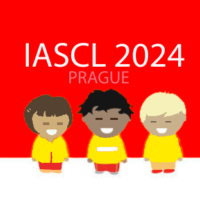Michael C. Frank
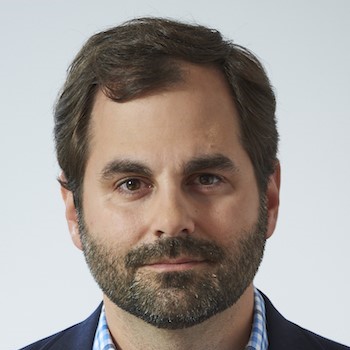
Keynote Title: Mapping children’s language development across cultures through open science
Michael C. Frank is David and Lucile Packard Professor of Human Biology at Stanford University and Director of the Symbolic Systems Program. He received his PhD from MIT in Brain and Cognitive Sciences in 2010. He studies language use and language learning, focusing especially on early word learning. He is the founder of the ManyBabies Consortium, a collaborative replication network for infancy research, and has led open-data projects including Wordbank and MetaLab. He was a Jacobs Foundation Fellow and has received the Troland Award from the National Academy of Sciences, the FABBS Early Career Impact Award, and the Marr Prize and Glushko Dissertation Prize from the Cognitive Science Society. He served as Chair of the Governing Board of the Cognitive Science Society and has edited for journals including Cognition and Child Development.
Ágnes Lukács

Keynote Title: Cognitive Functions Shaping Typical and Atypical Pathways of Language Acquisition
Ágnes Lukács is a professor at the Department of Cognitive Science of Budapest University of Technology and Economics. Her research has focused on children with developmental disorders involving language problems and their performance on linguistic and nonlinguistic tasks, with a special focus on statistical learning. She examined morphological and syntactic knowledge of Hungarian children with language impairment, and she also works on developing tools for language assessment in Hungarian-speaking children.
Rushen Shi
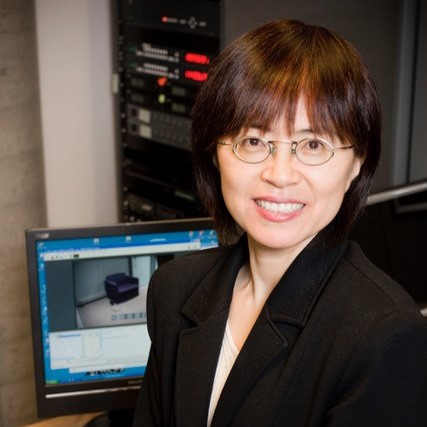
Keynote Title: Language acquisition in the first years of life
Rushen Shi is a Full Professor at the Institut des Sciences Cognitives and Département de Psychologie at UQAM (Université du Québec à Montréal), Canada. She is the Director of the Groupe de Recherche sur le Langage / Language Research Group. She received her PhD from Brown University, and was a Killam Postdoctoral Research Fellow at the University of British Columbia. Her research focuses on language acquisition, in particular grammatical development in infants and toddlers.
Sabine Stoll
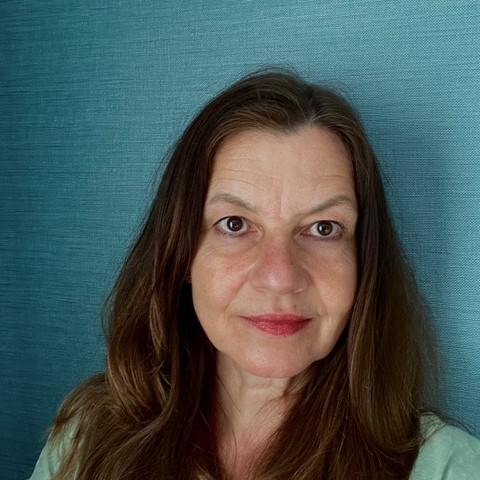
Keynote Title: Language acquisition in the light of evolution
Sabine Stoll is a professor at the University of Zurich, where she is the head of the Language, ACQuisition, DIVersity Lab (ACQDIV) and Director of the Center for the Interdisciplinary Study of Language Evolution (ISLE). Her research focuses on first language acquisition from a comparative perspective, linguistic typology and morphology. Her current main project is on learning mechanism in typologically diverse languages and an evolutionary point of view.
Bencie Woll
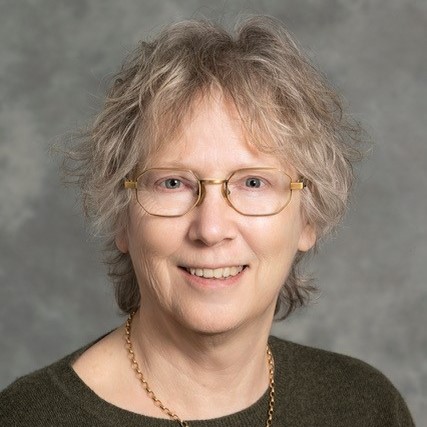
Keynote Title: Language, the brain and the experiences of deaf children
Bencie Woll is a Professor of Sign Language and Deaf Studies at the University College London and the founder and former director of the Deafness and Cognition Research Center at UCL. Her research addresses a wide range of topics related to sign language, including the linguistics of British Sign Language (BSL) and other sign languages, the history and sociolinguistics of BSL and the Deaf community, the development of BSL in young children, and sign language and the brain, including developmental and acquired sign language impairments.
Rowena
Garcia
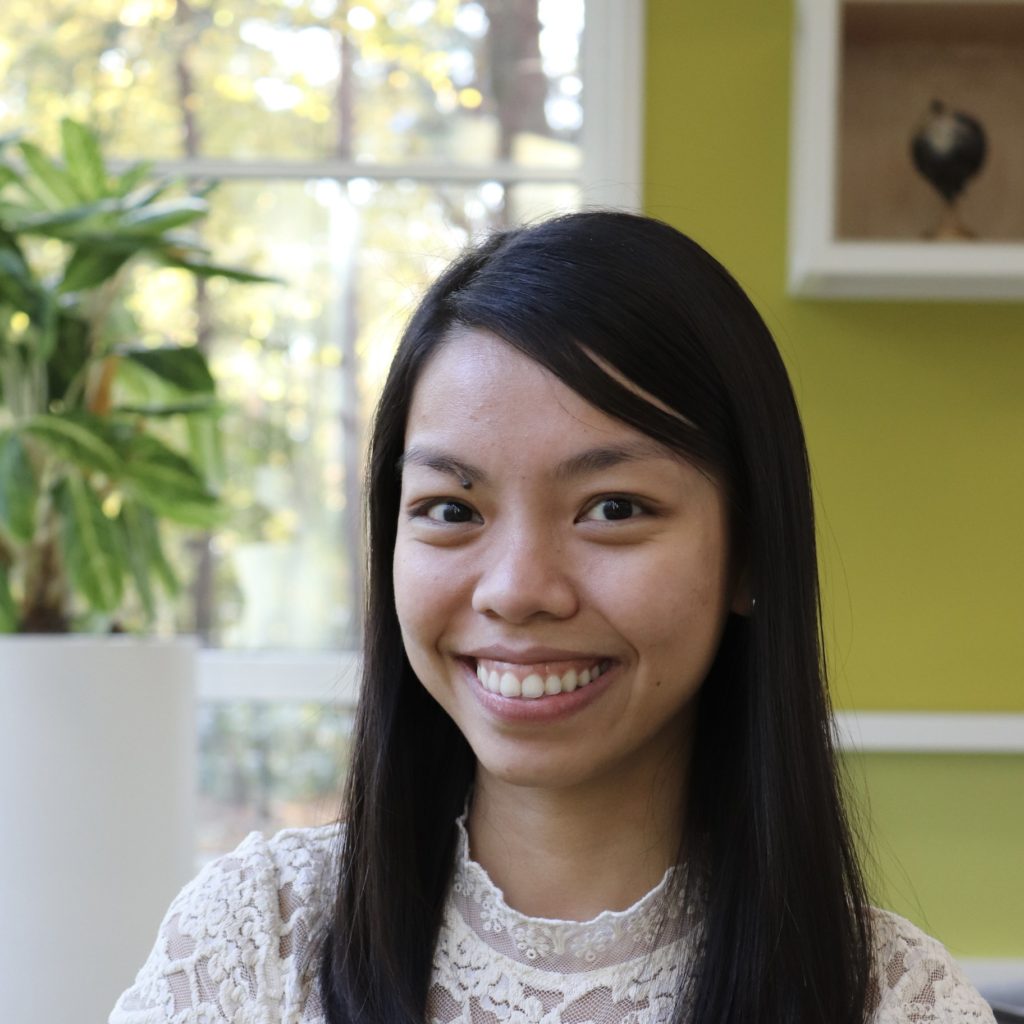
Awardee Plenary Talk: Casting a wider linguistic net: Language acquisition insights from an Austronesian language:
Rowena Garcia, Ph.D. is a postdoc researcher at the Developmental Psycholinguistics group of the University of Potsdam in Germany, and a visiting professor at the Speech Pathology department of University of the Philippines Manila. She was also a postdoc at the Learning through Processing group of the Max Planck Institute for Psycholinguistics in the Netherlands. Her research focuses on children’s acquisition of morphosyntax and phonology. She uses corpus data analysis and psycholinguistic methods such as eye-tracking to investigate how children process linguistic input on-line and how they acquire their ambient language. Most of her work has been on the L1 acquisition of Tagalog, an Austronesian language from the Philippines.
